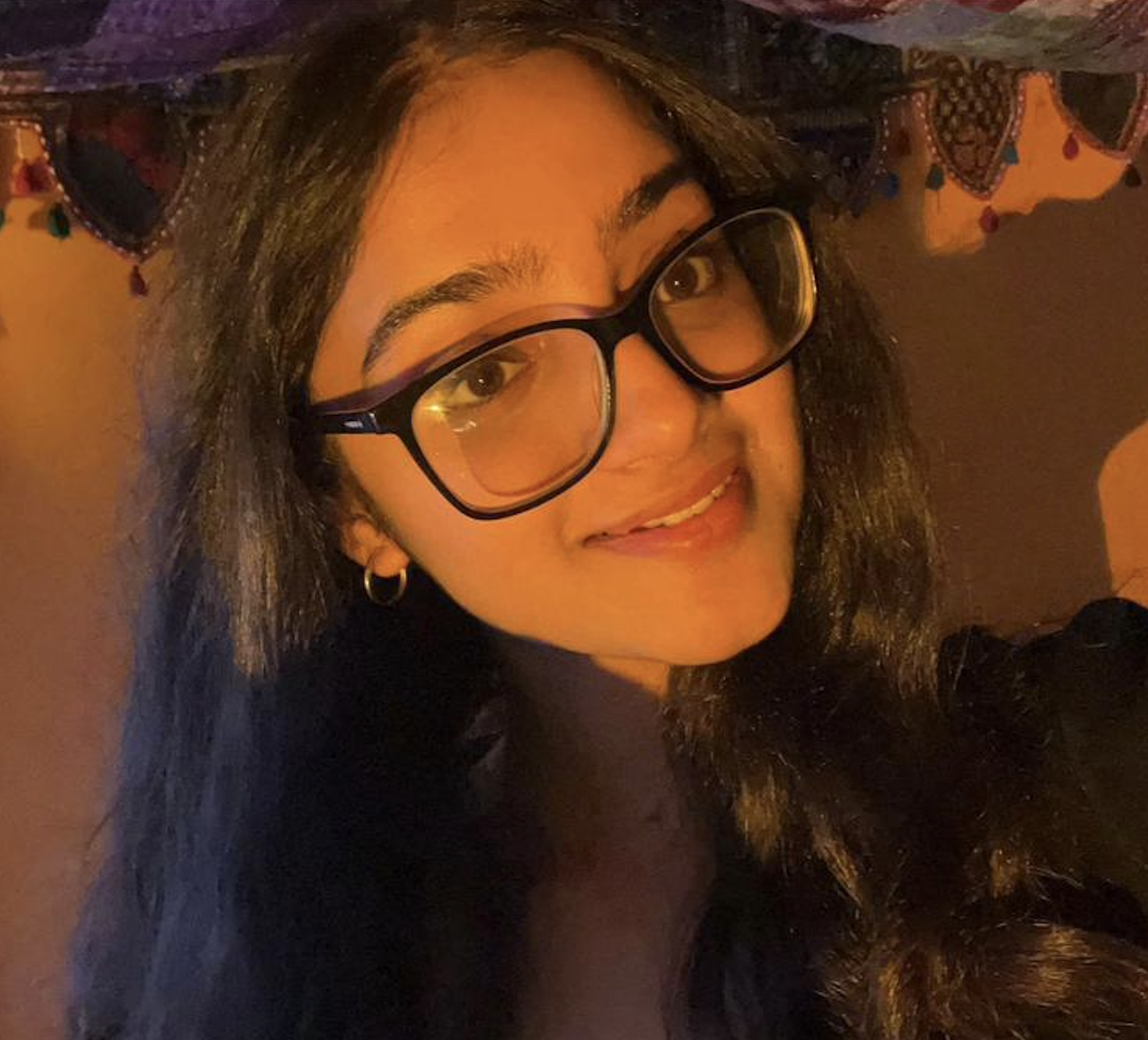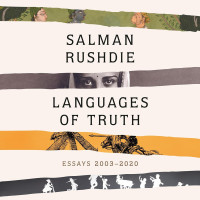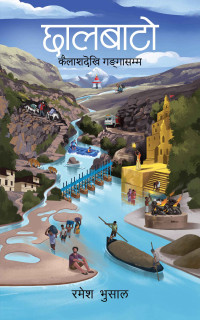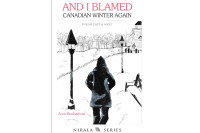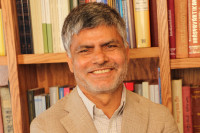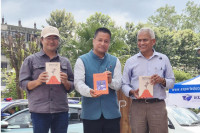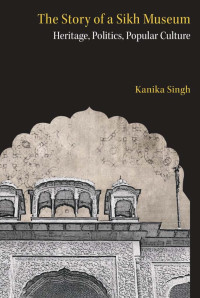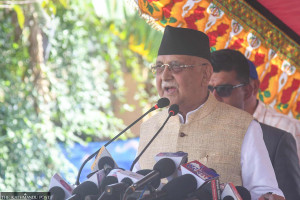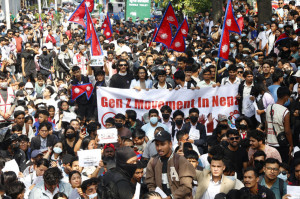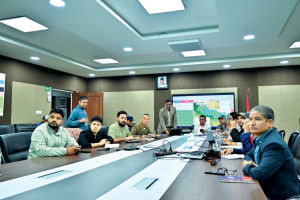Books
So many books, so little time
Hima Bista, the executive director of Women LEAD, discusses how her reading choices influence the leadership sessions she conducts at her organisation.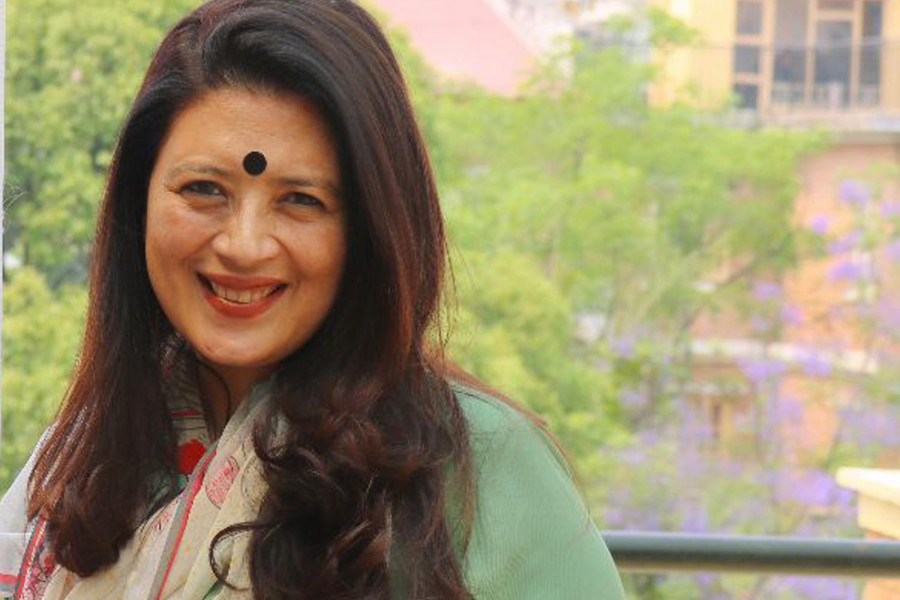
Rishika Dhakal
Hima Bista serves as the executive director of Women LEAD Nepal, an organisation dedicated to empowering young women in Nepal to become leaders and change-makers. Identifying herself as a feminist, she is committed to fostering an inclusive society. Bista has also run projects such as ‘Rage Against Rape’ and ‘Dignified Menstruation’.
In conversation with the Post’s Rishika Dhakal, Bista discusses how her reading choices influence the leadership sessions she conducts at her organisation.
How did you develop your love for reading?
My love for reading began in my childhood. My mother often took me to libraries in Kathmandu, including a particular favourite, A-Won Library. She also secured a guest membership for me at the Lincoln School library, further nurturing my passion for books.
From a young age, I had access to various books. My cousins and aunts owned collections that were hard to find in Nepal. Instead of playing outside, I often chose to spend my time reading. I still cherish some of the books from my childhood collection, including Charles Dickens ‘David Copperfield’ and several Ladybird books.
I loved storytelling at my school. I would raise my hand whenever the students were asked to share a story in class.
The daughter of my father’s colleague studied in Darjeeling, and we became friends through our shared love of books. During her holidays, we exchanged books and discussed them, making our conversations book-centred. This flexible and encouraging environment for sharing and exchanging books nurtured and deepened my love for reading.
How has reading helped you conduct sessions at Women LEAD?
I love conducting leadership sessions at my organisation. I primarily cover topics like advocacy and feminism, among others. My passion for reading has been incredibly beneficial in these sessions, as I frequently cite books as references. This approach shows that my discussions are based on credible sources rather than personal opinions. Using book references makes the sessions more engaging and helps promote a reading culture among young leaders.
Can you share a recent book or author you’ve read that has impacted the way you approach your work?
Every book I read inspires and leaves me in awe. However, I have found Cal Newport’s ‘Deep Work’ particularly essential. Although I usually avoid self-help books, this one has been a lifeline, especially when dealing with social media trolls. It has greatly helped me manage negative comments and maintain my mental well-being.
Gloria Steinem’s ‘My Life on the Road’ has also deeply influenced me. A renowned feminist, Steinem offers insights that I frequently revisit. Recently, I read ‘Cut from the Same Cloth’ by Sabeena Akhtar, an intriguing exploration of the hijab and how different backgrounds shape our practices.
Maya Angelou, Bell Hooks, and Audre Lorde’s books have significantly shaped my leadership, and I often refer to them during sessions at Women LEAD.
How do you think reading contributes to personal and professional development, especially for young women?
Reading undeniably contributes to the personal and professional development of both women and men. For one, it broadens an individual's worldview and thought process. We all have limitations, particularly in Nepal, where access to resources is often restricted. Social media can partially bridge this gap, but it also has its limitations and pitfalls.
Reading, especially literature, profoundly influences our perceptions, providing us with diverse perspectives to consider.
For young girls, reading reveals that age is not a barrier to starting new ventures. Everyone reaches a point in life where they must press forward with focused determination. However, this forward momentum can sometimes be interrupted by patriarchal norms or family constraints, which can restrict our growth.
Reading helps us challenge and change these perceptions, aiding our personal and professional development. Additionally, young individuals might struggle to express themselves within their families. Reading provides them with examples and arguments they can use to explain their aspirations to their families.
Books like ‘Educated’ by Tara Westover and ‘The Glass Castle’ by Jeannette Walls offer valuable lessons. The female characters in these books emerge as survivors, making the stories eye-opening and inspiring.
In Nepal, we have powerful stories of figures like Yogmaya and Parijat. Their experiences offer abundant lessons and relatable inspiration.
How do you manage time for reading?
Similar to how I need coffee in the morning, books are an absolute necessity for me.
Even if I have just a few moments, I take the opportunity to read. Whenever I find a spare moment, I feel compelled to read at least a page of whatever book I'm currently engrossed in.
How do you discover new books to read? Do you rely on recommendations or something else?
I regularly review the shortlists for the Booker Prize and Penguin, with a strong focus on works by women writers. This helps me compile a list of books shortlisted for the Booker Prize.
As someone who likes to stay informed about the books young people are reading, I frequently visit Goodreads. Keeping up to date with the reading preferences of young people helps me conduct effective discussions during sessions at Women LEAD.
Hima Bista’s book recommendations:
The Museum of Innocence
Author: Orhan Pamuk
Publisher: İletişim
Year: 2008
Orhan Pamuk is one of my favourite writers. I am fascinated by the Turkish setup and of course, the Ottoman Empire’s history, and I love how he weaves these elements in his novels.
My Life on the Road
Author: Gloria Steinem
Publisher: Random House
Year: 2015
This book traces the journey of Gloria Steinem as she embarks on the development and expansion of an equality revolution. As a feminist leader, this book speaks volumes to me.
The Difficulty of Being Good
Author: Gurcharan Das
Publisher: Penguin Random House
Year: 2009
Das's book focuses on the essence of Dharma and righteousness, a key concept in Indian Philosophy. It is a reality that we all need to read, see, and come to terms with.
Deep Work
Author: Cal Newport
Publisher: Grand Central Publishing
Year: 2016
I have found Cal Newport’s ‘Deep Work’ particularly insightful. This book has greatly helped me manage negative comments and maintain my mental well-being.
The Lord of the Rings
Author: JRR Tolkien
Publisher: Allen and Unwin
Year: 1954
Set in middle-earth, this book is an epic high fantasy novel by Tolkien. Sometimes it is essential to immerse ourselves in a mythical world. The Hobbit is part of it, and I love it.




 14.1°C Kathmandu
14.1°C Kathmandu